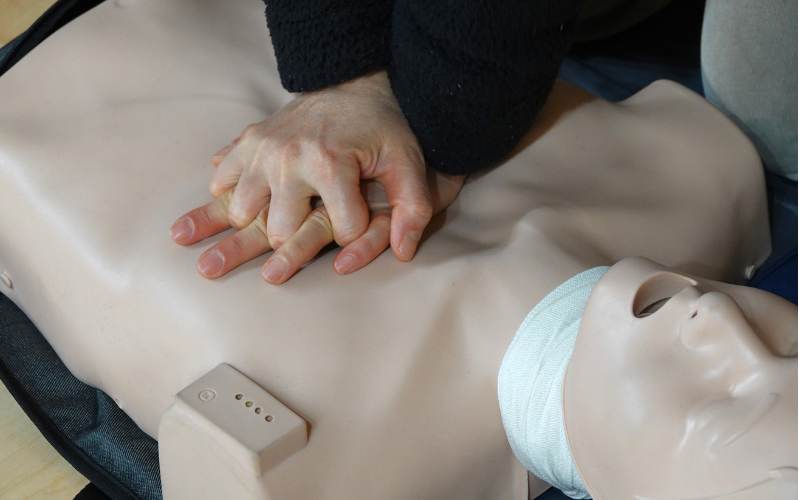Do Not Attempt Cardiopulmonary Resuscitation (DNACPR)

What is a DNACPR?
DNACPR stands for do not attempt cardiopulmonary resuscitation. Do Not Attempt Cardiopulmonary Resuscitation (DNACPR) is also known as:
-
Do Not Resuscitate (DNR)
-
Do Not Attempt Resuscitation (DNAR)
DNACPR means that if a person has a cardiac arrest or dies suddenly, there will be guidance on what action should or shouldn’t be taken by a healthcare professional, including not performing CPR on the person.
CPR stands for cardiopulmonary resuscitation. It is a treatment that can be given when you stop breathing (respiratory arrest) or your heart stops beating (cardiac arrest).
CPR tries to get your breathing and heart going again.
A DNACPR is only used for CPR. It doesn’t mean that you will not get any other care or treatment.
There are many reasons why a person might have a recorded DNACPR decision.A doctor might decide that CPR is not appropriate for someone who:
-
is older and frail
-
has a serious illness and is near the end of life
-
does not want their life artificially prolonged.
A DNACPR decision is made by you and/or your doctor or healthcare team and is usually recorded on a special form that’s part of your medical records. The form means that health care professionals know what to do in an emergency situation.
How to question a DNR (do not resuscitate) decision
If you are not sure why a decision about DNR has been made you should ask your doctor. If you still disagree with the doctor’s decision you can ask for a second opinion with another doctor.
It can be upsetting to find out that a doctor has decided CPR is not medically appropriate for you or a relative. For many people this first conversation can feel unexpected, but if a doctor brings it up this likely means they think CPR will do more harm than good.
DNR decisions must always be based on the health and priorities of each person.
How to get a DNR (do not resuscitate) form
If you want to refuse CPR, you should ask your GP or the doctor in charge of your care to record this decision in a DNR form.
You can only get a DNR form from your doctor.
What to do
-
Make an appointment with your doctor
-
Think about your reasons for refusing CPR as you will be asked to explain
-
Consider other ways you can also put your wishes down in writing, for example by making a Will - if you want more information about writing a Will, visit our Writing a Will page
Decisions about CPR can be recorded in different ways. Your doctor will likely use a DNR form.
Page last updated: May 2023.

